After more than 25 years of establishment and development, overcoming many difficulties and challenges, Phuong Dong Da Nang College today has had strong and sustainable development. That is the important basis for the Board of Directors - Board of Management of the School to continue to strive to improve the quality of training, innovate more strongly and comprehensively, towards providing society with high-quality human resources, contributing effectively to the socio-economic development of the country.
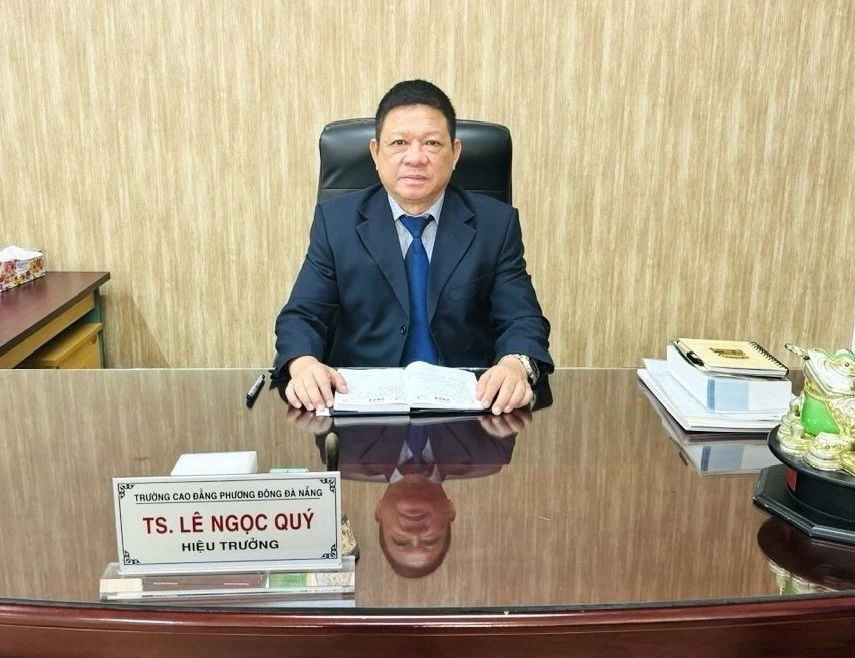 |
| Dr. Le Ngoc Quy - Principal of Danang Oriental College. |
Steadfastly overcome difficulties and rise up
With the attention and support of the Ministry of Education and Training, the People's Committee of Da Nang City and other departments, agencies and branches, in 1998, the Phuong Dong Economic and Technical College was established and put into operation. In 2007, the School was upgraded to Phuong Dong College and in June 2017, the Ministry of Labor, Invalids and Social Affairs agreed to change the name of the School to Phuong Dong Da Nang College. This is the first non-public professional educational institution established under the Party and State's policy of socializing education in the Central and Central Highlands regions.
Dr. Le Ngoc Quy - Principal of Phuong Dong College, Da Nang said that in the early years of its establishment, the School faced numerous difficulties in terms of capital, human resources, equipment, etc. However, with appropriate solutions, the School has promoted its strengths, overcome its weaknesses, turned challenges into opportunities, and begun to build its position in the education and training sector, laying the foundation for future development. In particular, with the determination to improve the quality of training, the School focuses on promoting investment in building spacious and modern facilities; increasing investment in purchasing equipment, practice tools, and internships to enhance students' practical skills. At the same time, it focuses on building a team of teachers with sufficient quantity, ensuring quality, and a consistent structure. Every year, the School has a training and development plan to improve the professional qualifications, pedagogical skills, and practical skills of teachers. In particular, the School has special incentives to attract talented and dedicated people to work and contribute long-term to the development of the School. As a result, the proportion of teachers with postgraduate qualifications increased from 11.4% in 2008, 17.2% in 2013, 32.6% in 2018 to 40.8%, marking a strong development in the professional quality of the School's teaching staff.
From the first 2 training majors, up to now, the School has registered to carry out the training task of 14 majors at college level, 16 majors at intermediate level, 18 majors at elementary and short-term level. With the training perspective associated with social needs, over the years, the School has always been a pioneer among private schools in opening training majors that society needs such as: Industrial and civil electricity (1999), Telecommunications Informatics, Document and Archives (2000), Water supply and drainage construction, Marketing (2001), Nursing (2007), General practitioner (2008), Pharmacy (2009), Tourism and travel services management, Preschool education (2014), Automotive engineering technology (2016), Air conditioning and refrigeration engineering (2021), Japanese (2022), Medical secretary (2023), ... The timely opening of new training majors contributes to implementing the strategic development orientation of Da Nang City, localities and industries, while opening up many job opportunities for learners.
The training programs of the School are constantly updated and improved towards increasing the practice rate; 100% of the School's training programs have the participation of enterprises in compiling, supplementing and evaluating. In particular, the School always maintains close relationships with production and business units, hospitals, administrative units, etc. to help the training program keep up with rapid changes in the development process of society. On the other hand, in the context of increasingly deep international cooperation, the School has sent many managers and teachers to training institutions and enterprises of advanced countries to research and experience; thereby, learning about the labor recruitment needs of foreign countries. At the same time, promoting cooperation with international organizations, especially Japan, Korea and European countries, to create conditions for the School's students to study, improve their qualifications and work with high incomes abroad. In international cooperation, businesses have supported the School to connect with foreign partners to effectively implement internship programs, internships, and university-level training with preferential policies on scholarships, living expenses, loans, etc., bringing many opportunities for students to study and work abroad. In order to help students quickly adapt and integrate when studying and working abroad, the School has cooperated with businesses to train foreign languages, equip them with knowledge of the laws and culture of the host country, as well as skills and working style. In the past 3 years, more than 150 students of the School have been studying and working in Japan, Korea, Germany, Singapore, etc. through international cooperation agreements, strongly affirming the reputation and training quality of the School.
With efforts in implementing the task of training human resources, over the past 25 years, the School has provided society with nearly 50,000 professional staff, working in all provinces and cities, making practical contributions to the country's socio-economic development. The School was honored to be awarded the Third Class Labor Medal by the President, a Certificate of Merit by the Prime Minister, an excellent emulation flag and many certificates of merit by ministries, branches, local authorities and organizations.
Continue to innovate to continuously develop
From the achievements, the School will continue to innovate strongly and comprehensively to constantly develop, aiming to provide society with high-quality human resources, effectively contributing to the socio-economic development of the country. According to Principal Le Ngoc Quy, towards that goal, the School will focus on developing new training programs with high interdisciplinary nature, meeting the requirements of the 4.0 industrial revolution period and the development trend of the world economy in the coming time. Innovating training objectives in the direction of promoting creativity, developing personal capacity; training in the direction of entrepreneurship; output standards will require many new skills of workers and citizens in the 4.0 industrial revolution period. The quality of the teaching staff must be improved, meeting and exceeding the standards of professional qualifications, pedagogical skills, and vocational skills to meet the development requirements of the School in the new period. Actively apply digital technology and exploit information technology infrastructure to improve the quality of teaching, learning and management; aiming to build a school that meets the standards of a smart school.
Strengthen cooperation with enterprises, increase the participation of enterprises in building programs, curriculum, designing laboratories, and practices; focus on sending teachers to practice at enterprises to update knowledge, new technologies, improve vocational skills, and teaching methods; increase the use of enterprise experts to teach in the School; design training courses according to enterprise orders. Continue to expand and improve the effectiveness of international cooperation, create conditions for teachers to supplement knowledge, skills and advanced teaching methods; access regional and international standards in improving training quality; help students easily participate in exchange programs or study abroad and find high-income jobs. In parallel with human resource training, the School will strengthen service activities. In which, the leading is health care services. Service activities will contribute to increasing resources for training and vice versa, training activities contribute to promoting service development.
The goal in 2026 is to put into operation the Da Nang Cardiovascular Stroke Hospital, creating a premise for the period 2030 - 2035, Da Nang Oriental College will upgrade to become a prestigious multidisciplinary university in the Central and Central Highlands regions.








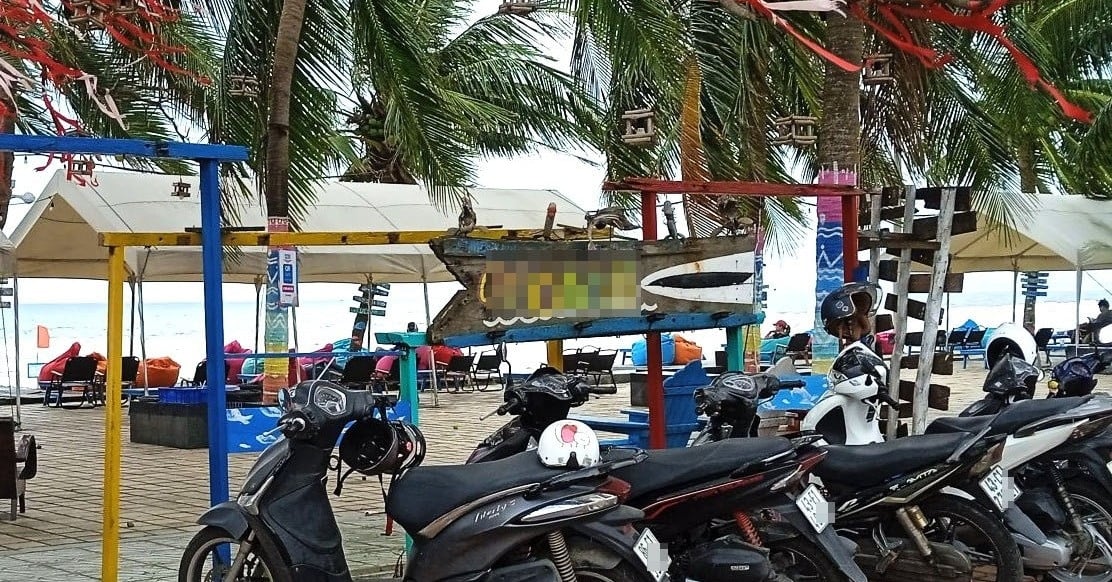





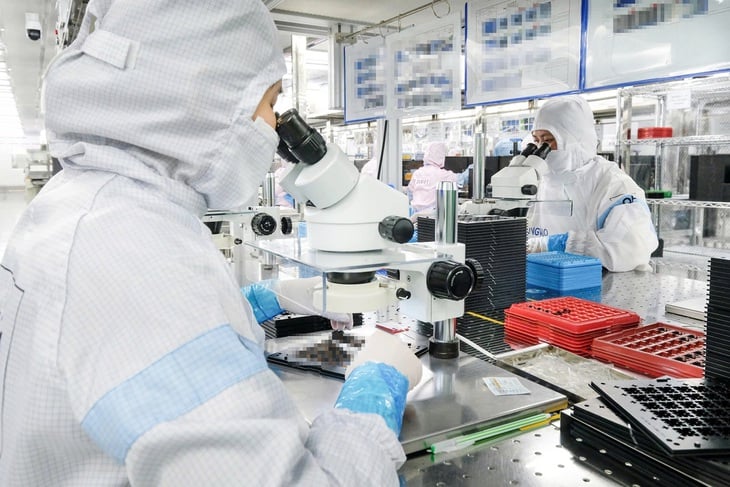



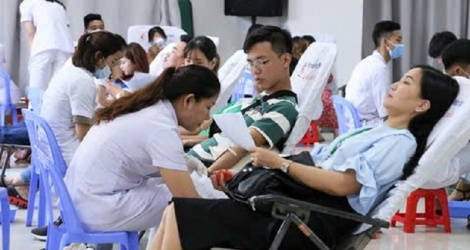

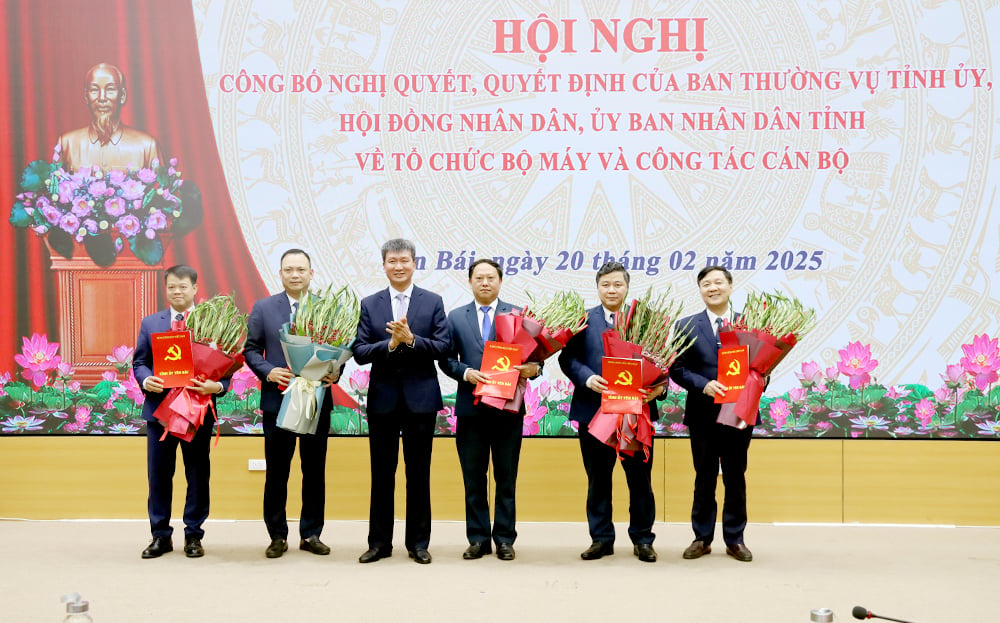


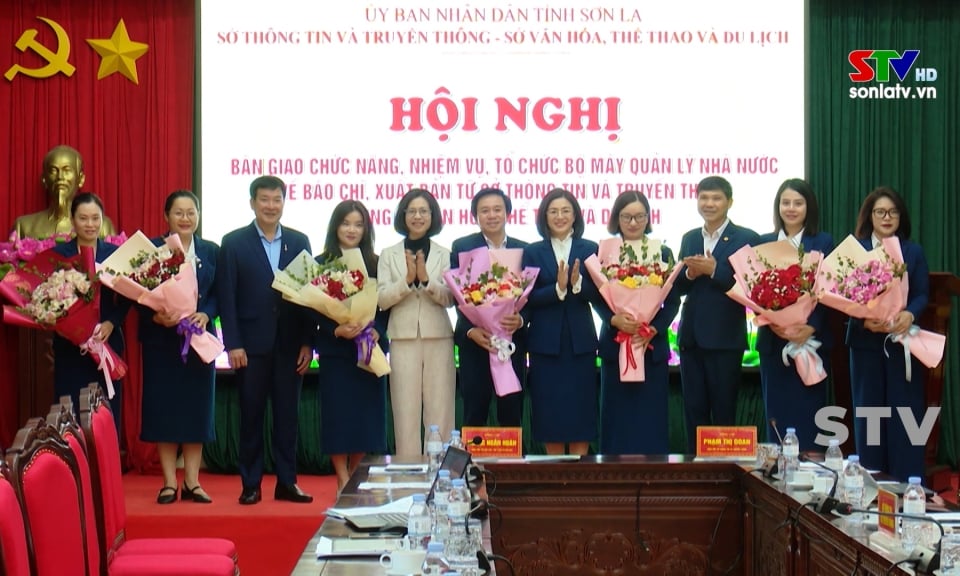
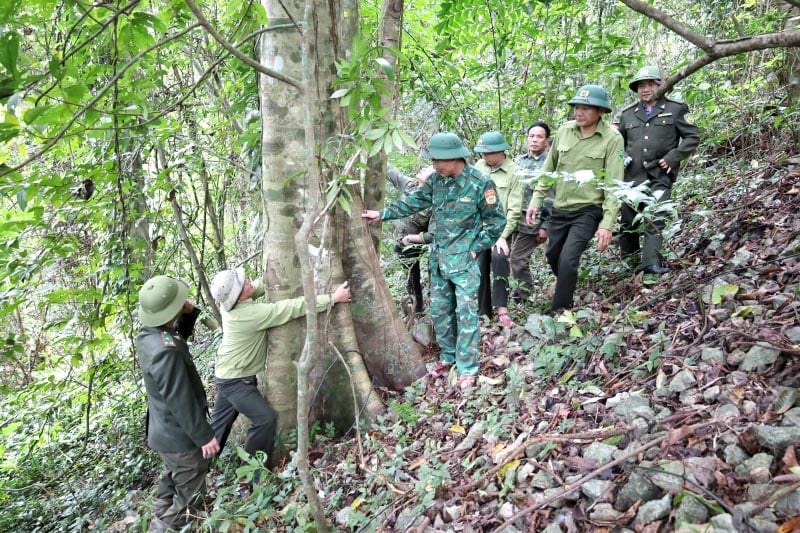
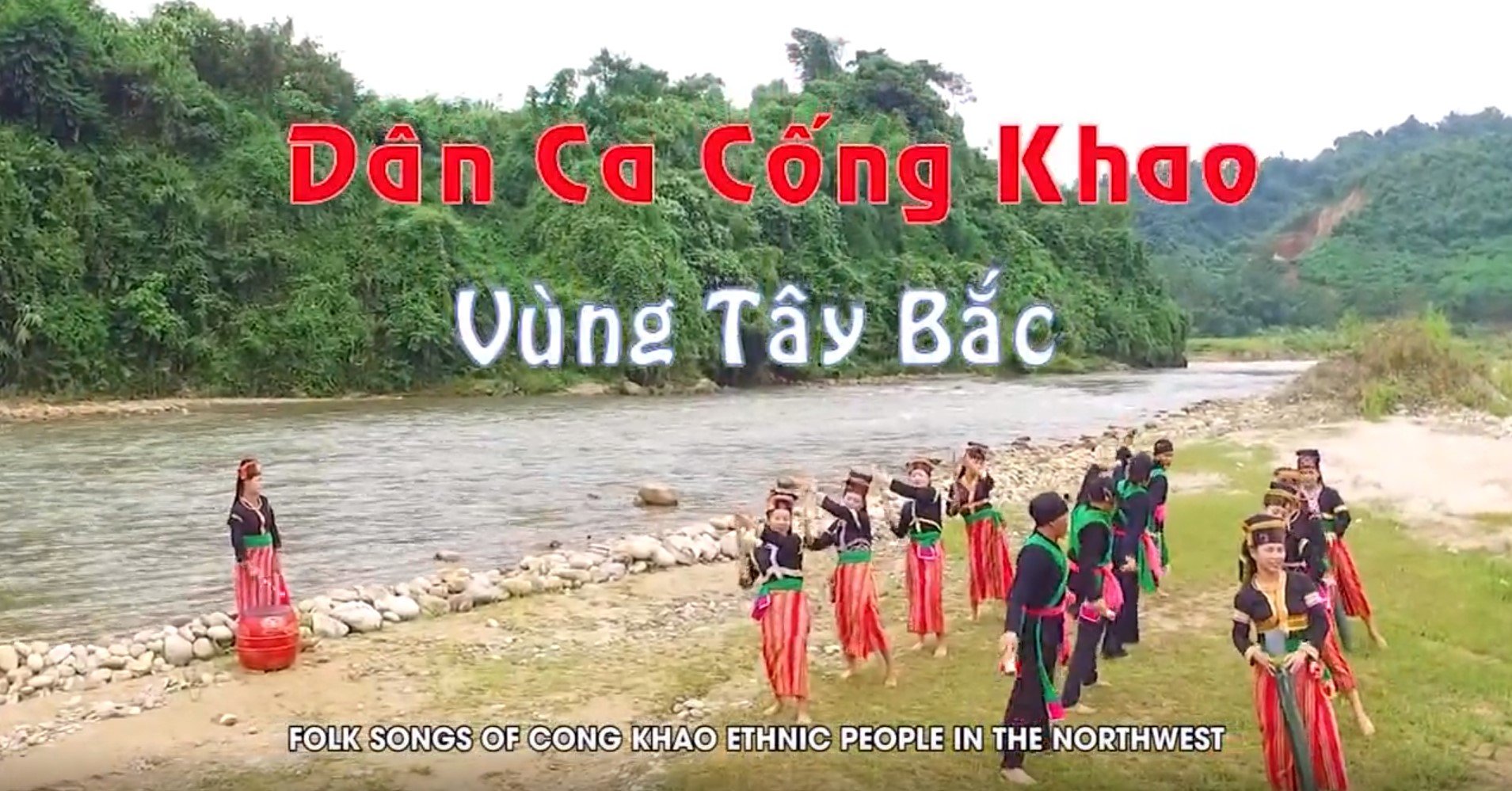

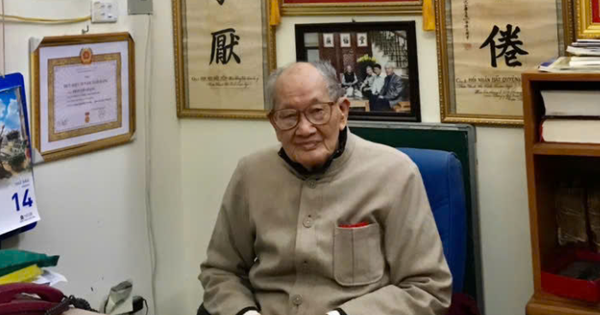









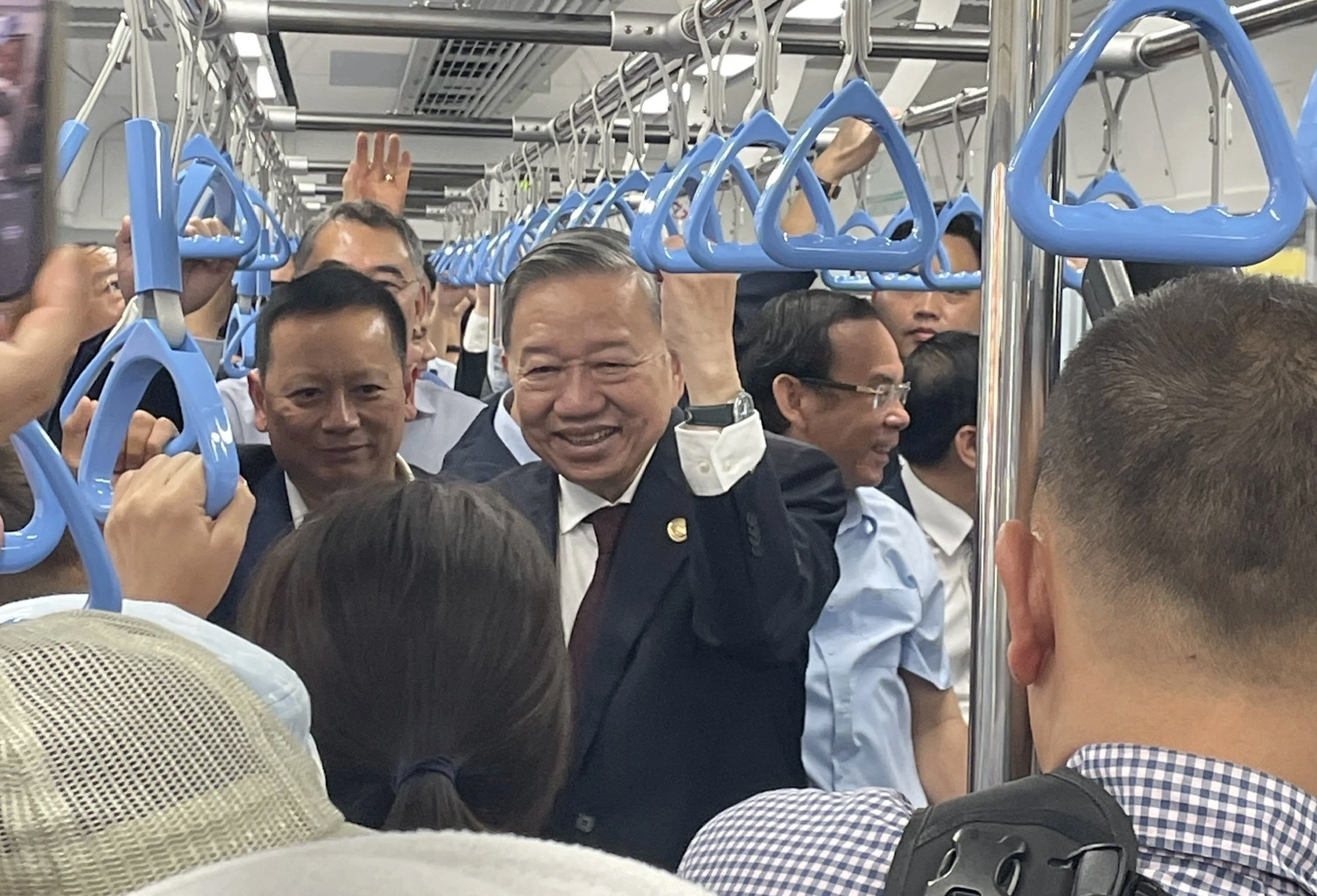

Comment (0)